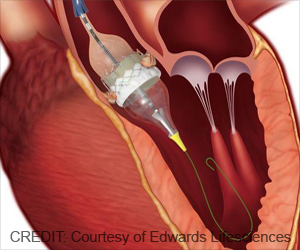Remifentanil Medication Information
Discover comprehensive details about Remifentanil, including its pronunciation, uses, dosage instructions, indications, and guidelines on how and when to take it or avoid it.
The updated prescription information covers potential side effects, precautions, warnings, and storage recommendations.
Additionally, explore the Remifentanil brands available in India and internationally, along with pricing information. For personalized advice, consult your healthcare provider.
Generic Name : Remifentanil Pronunciation : rem-i-FEN-ta-nil ICD Code : Y45 Therapeutic Classification : AnalgesicsBrand Names or Trade Names of Remifentanil
International :
Ultiva
Why is Remifentanil Prescribed? (Indications)
This medication is a narcotic analgesic, prescribed for pain during and after surgery. It works by dulling the pain perception center in the brain.When should Remifentanil not be taken? (Contraindications)
Contraindicated for epidural or intrathecal administration. Contraindicated in patients with known hypersensitivityWhat is the dosage of Remifentanil?
A single IV dose of 0.5 to 1 mcg/kg over 30 to 60 seconds.IV- Continuous infusion at a rate of 0.1 mcg/kg/min beginning 5 minutes.
How should Remifentanil be taken?
It comes as a solution for injection to be administered by a healthcare provider into the vein.What are the warnings and precautions for Remifentanil?
• Caution should be exercised in patients with history of heart or breathing problems, head injury, lung disease, who are taking other medications, any allergy, elderly, during pregnancy and breastfeeding.• It may cause dizziness or blurred vision, do not drive a car or operate machinery while taking this medication.
• Avoid alcohol consumption.
What are the side effects of Remifentanil?
Most Common - Nausea, vomiting, itching, headache, increased sweating, shivering, dizziness, low blood pressure, slow heart rate, respiratory depression, muscle rigidity, chills, flushing, warm sensation.Heart - Abnormal heart rhythm, heart block, ECG change and fainting.
Musculoskeletal - Muscle stiffness, musculoskeletal chest pain.
Respiratory - Cough, difficulty in breathing, asthma, nose congestion, inflammation of pharynx, hiccup(s), lung swelling, runny nose.
Central Nervous System - Anxiety, involuntary movement, confusion, tremors, disorientation, dysphoria, nightmare(s), hallucinations, tingling, night blindness, twitch, sleep disorder, seizure, amnesia.
Body as a Whole - Chills, anaphylactic reaction.
Skin - Rash, hives, itching, and redness.
Genitourinary - Urine retention, painful urination, and urine incontinence.
Metabolic - Abnormal liver function, hyperglycemia, electrolyte disorders, increased CPK level.
Blood - Anemia, raised white blood cell count, decrease of platelets in blood.






